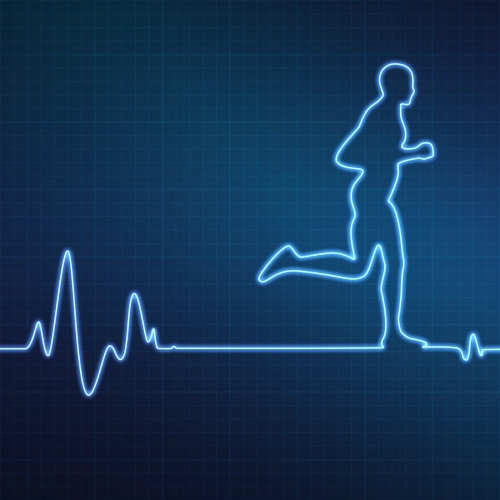Key points from article :
A new study published in the Annals of Internal Medicine suggests that one longer daily walk may be more beneficial for heart health than several short strolls, particularly for people who are not very active. The research, led by Professor Emmanuel Stamatakis from the University of Sydney and colleagues from the Universidad Europea in Spain, found that walking continuously for at least 15 minutes—or about 1,500 steps—was linked to a lower risk of heart disease and death compared to taking the same number of steps in shorter bursts.
The team analysed data from 33,560 UK adults aged 40–79 who averaged fewer than 8,000 steps a day, monitoring their health over eight years. Participants who took longer, uninterrupted walks had significantly fewer heart-related problems than those who walked in short, frequent bouts. Even the least active individuals, those taking under 5,000 steps daily, saw meaningful improvements in cardiovascular health when they walked for longer stretches at a time.
The findings highlight that how you walk matters as much as how much you walk. “We tend to place all the emphasis on the number of steps but neglect the crucial role of patterns,” said Prof Stamatakis. “Even very inactive people can improve their heart health by walking for longer periods—ideally 10–15 minutes—whenever possible.” While the study establishes a strong link, experts like Prof Kevin McConway from the Open University caution that it doesn’t prove causation, and lifestyle factors such as smoking or weight may still play a role.
Health professionals, including the British Heart Foundation’s senior cardiac nurse Emily McGrath, emphasise that any movement is beneficial and can gradually lead to major health gains. The NHS recommends 150 minutes of moderate activity a week, such as brisk walking. For older adults, even light activity each day is encouraged. To stay safe, experts advise using well-lit paths, wearing reflective clothing, and remaining aware of surroundings—especially when walking at night.








